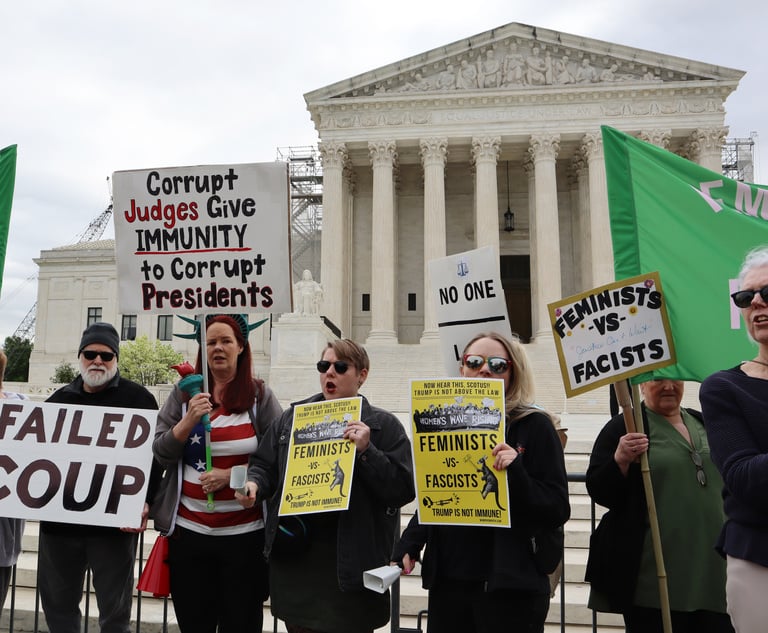 In Eli Lilly & Co. v. Actavis Elizabeth, 435 Fed. App’x 917, 927 (Fed. Cir. 2011), the U.S. Court of Appeals for the Federal Circuit held that substantial, noninfringing “off-label” uses of an approved drug cannot defeat a claim of contributory infringement in an action brought under the Hatch-Waxman Act. This decision, along with its underlying rationale, took away from generic drug manufactures a bona fide and potent defense against contributory infringement claims in Hatch-Waxman litigation. Unfortunately for generic companies, this decision still stands—despite contravening U.S. Supreme Court precedent—allowing branded companies to continue pursuing otherwise spurious claims for contributory infringement.
In Eli Lilly & Co. v. Actavis Elizabeth, 435 Fed. App’x 917, 927 (Fed. Cir. 2011), the U.S. Court of Appeals for the Federal Circuit held that substantial, noninfringing “off-label” uses of an approved drug cannot defeat a claim of contributory infringement in an action brought under the Hatch-Waxman Act. This decision, along with its underlying rationale, took away from generic drug manufactures a bona fide and potent defense against contributory infringement claims in Hatch-Waxman litigation. Unfortunately for generic companies, this decision still stands—despite contravening U.S. Supreme Court precedent—allowing branded companies to continue pursuing otherwise spurious claims for contributory infringement.
This article discusses how Supreme Court precedent conflicts with the Federal Circuit’s decision in Eli Lilly, and why the Federal Circuit’s decision should be overturned.
This content has been archived. It is available through our partners, LexisNexis® and Bloomberg Law.
To view this content, please continue to their sites.
Not a Lexis Subscriber?
Subscribe Now
Not a Bloomberg Law Subscriber?
Subscribe Now
LexisNexis® and Bloomberg Law are third party online distributors of the broad collection of current and archived versions of ALM's legal news publications. LexisNexis® and Bloomberg Law customers are able to access and use ALM's content, including content from the National Law Journal, The American Lawyer, Legaltech News, The New York Law Journal, and Corporate Counsel, as well as other sources of legal information.
For questions call 1-877-256-2472 or contact us at [email protected]






